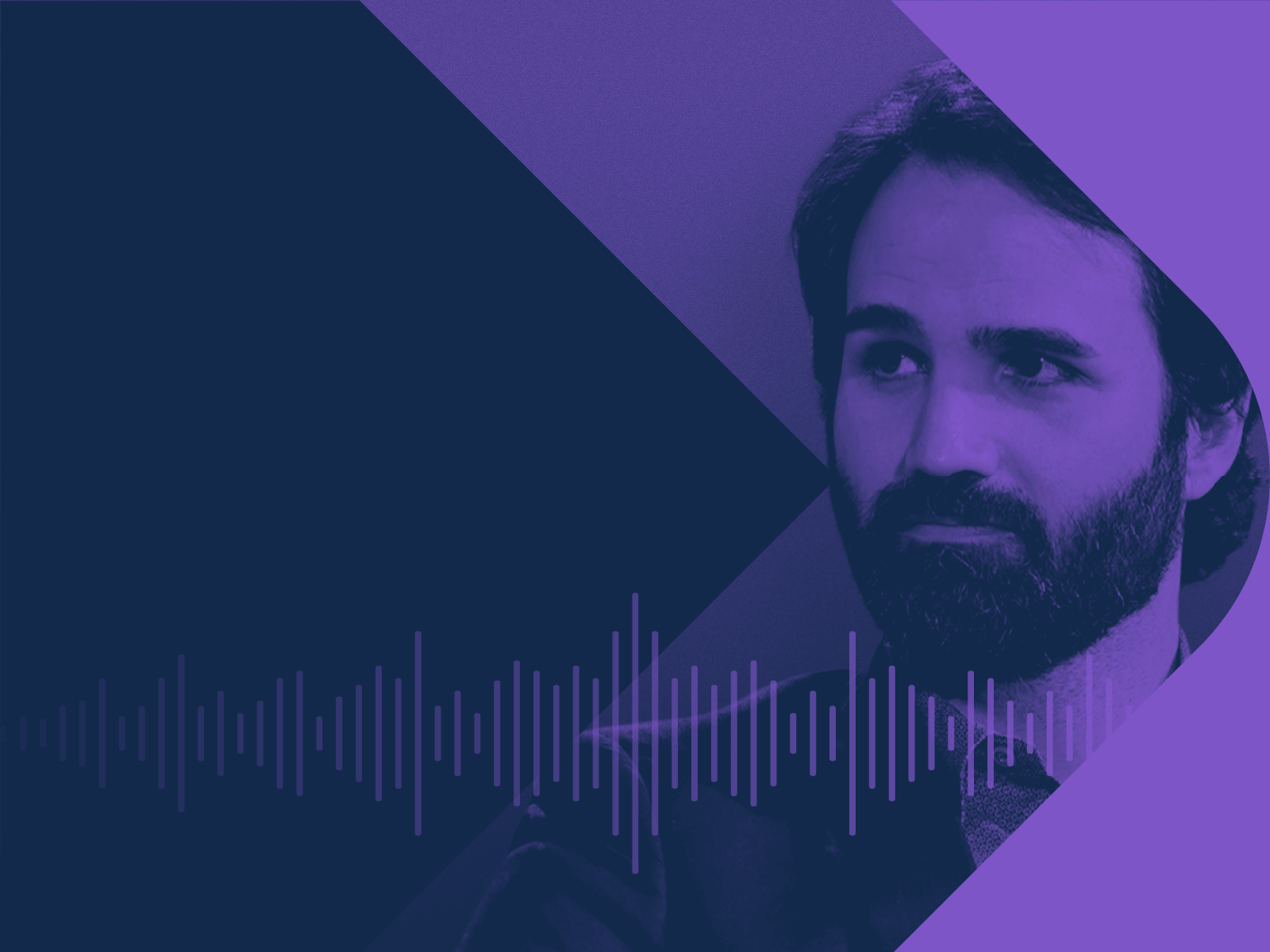“Something worth saving”
In an ever-evolving digital landscape, the role of consumer privacy and data protection has become paramount. As the industry adapts to new regulations and technological advancements, the need for businesses to prioritize the consumer and how they use their data has never been greater.
In the latest episode of our Identity Architects podcast, InfoSum's SVP, Marketing & Communications, Ben Cicchetti, sat down with Sara Vincent, Managing Director UK at Utiq, to discuss data privacy, identifiers, the open web, and more.
“We put the consumer and the human really at the heart of everything that we do. And that's where it starts, which is, ensuring that we're gathering valid consent at the beginning and then giving the user control over managing that as well.”
This is an important fact that has been forgotten in the past: it's all about the consumer, who comes first. This idea is foundational to both Utiq and InfoSum’s core beliefs and mission. When we talk about putting the consumer at the heart of everything, the conversation must start with two crucial points: consent and value exchange.
“I think we're at a point of change now. I think, actually, consent or pay, which is becoming quite prevalent in Europe, is really driving a lot of the understanding towards a value exchange a lot quicker than if it was more organic because that just that very clearly presents information to the customer to say, if you were not willing to consent to enable us to advertise and advertise perhaps potentially better and more resonating creative to you, then there is a cost to the content in which you're going to consume. That's helping, I think, raise awareness.”
It is super important to educate and start rebuilding that trust with the consumer. As an industry, we're putting privacy, security, and those foundational elements in place. One of the goals of Utiq is to enable the open web to thrive and continue to flourish.
“The open web is an incredibly valuable asset that we have to protect. If we do not, we end up in a world where we do not have any open web. We rely on maybe four or five walled gardens, mainly the platforms, for our news, entertainment, all of the content consumption, and “source of truth”. It's a world that actually poses, I would say, quite a serious risk to democracy and freedom of speech. And so we have to protect that.”
It is so important that we protect the open web, not just to survive but to thrive. One way the open web has existed to date is through advertising powered by third-party cookies, which are still part of our industry but likely not for much longer. Although Google recently announced it was reversing its plans to deprecate third-party cookies, the announcement will likely spell the end of them anyway. But putting Google’s announcement aside, the trend towards a cookieless web was already in motion long ago.
“Whilst we talk a lot about what Google is going to do, we need to be looking at what's actually happening today. So between 30 and 40 percent of the open web is unaddressable today. And that's because, over the last seven years, a number of browsers have deprecated third-party cookies. And there's been actually really positive conversations around this and a real recognition that we have a problem today that needs solving.”
That's so true. The industry has started to realize that something needs to change, looking for ways to create a better future. The best we can do is focus on what’s important and use the time we have now. We’ve seen lots of companies already prioritizing privacy and realizing that privacy and performance do not cancel each other out; they go hand in hand.
“Privacy regulation is only going to evolve and be further enforced. And so it really pays to comply. It's not really an optional thing. It's important. The risks are too high if you are not complying with the local privacy regulation and whatever your DPA market is mandating. So it's time to also rethink that, and instead of thinking that privacy is at odds with growing and managing a profitable business, it's actually the other way around, and privacy can actually go very much hand in glove with a successful growing business and as long as it is adopted and it's respected in the way that it should be.”
We've seen that privacy can be a driver for growth. It's not going to hold back growth. So, the more companies embrace it and technologies that enable them to continue to deliver high-performing advertising and high-performing data-driven customer experiences, the better.
“I think data collaboration is a really important part of the industry. And I think that anything that enables data owners, and that's owners of first-party data assets, to collaborate in a privacy-safe way that will drive better outcomes for not only the customer but, of course, the advertiser, then I think it's a good thing.”
Collaboration is crucial to creating a better future. Utiq is a perfect example of competitors being better friends than enemies.
“As an industry, what we used to think of as our direct fierce competitor actually could be a really highly collaborative partner of ours. And so if we're talking about a business that has four telcos collaborating now, obviously, they are competitors in their main business in what they do. And that's absolutely correct. But they've come together to build a solution which can be applied to another industry that can actually do something for the good. And so I think there's a lesson to learn there, right? If four telcos can come together and do that, then there's absolutely hope for the rest of us in the industry to collaborate with like-minded businesses to drive the change.”
We 100% agree! The more that we can collaborate and find mutual ground, the better. There's so much more that we can achieve together than separately. Thanks, Sara, for the chat!





